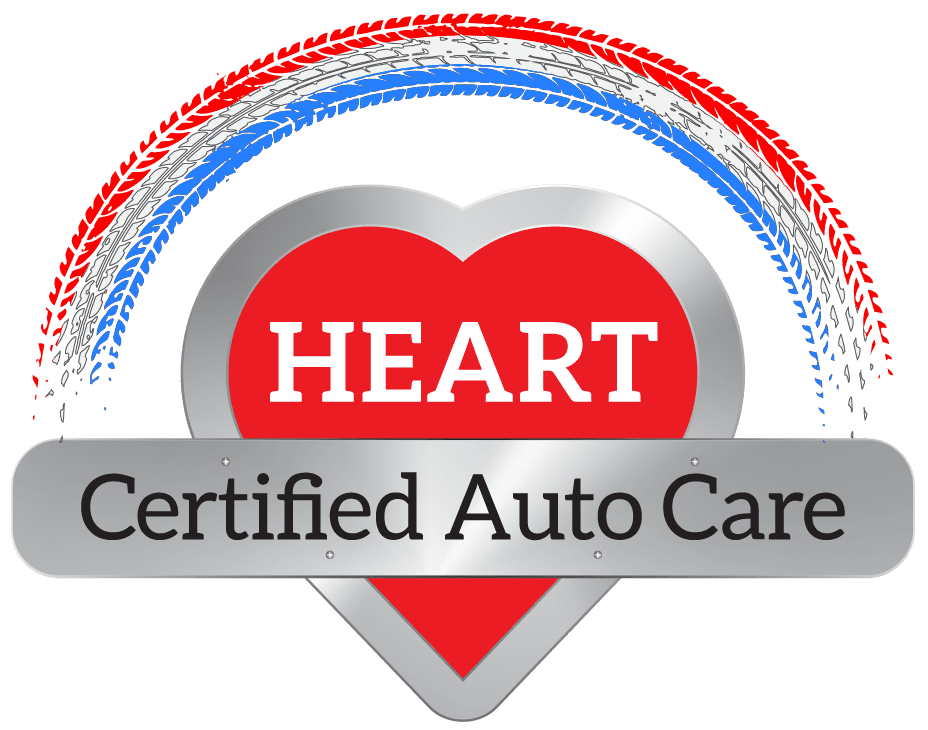The brakes on your car are designed to stop your vehicle when necessary and keep you safe if something goes wrong. But sometimes, even though your brakes seem fine, they aren’t working as they should.
To detect major problems before they happen, it is essential to know the different types of brakes and the possible brake issues you may encounter over time.
Front Brakes
The front brakes stop the wheels from spinning when you apply pressure to them. Aside from being at the front of the car, they are different from rear brakes as they take most of the braking force and generate most of the friction heat to stop the vehicle. Because of this, front brakes are more likely to need repairs and replacement due to wear and are therefore constructed differently. For instance, front brakes have larger and multiple piston brake calipers, larger brake pad surface areas, more aggressive brake pads, and thicker and larger diameter brake rotors.
If you notice any unusual noises coming from your front brakes, inspect them first by doing this test: Press down on the brake pedal. If you hear a grinding noise, this could mean that the pads are rubbing against the rotor (the part of the wheel that spins).
If you see smoke coming from the rear of your car, turn off the ignition and pull over immediately. Do not attempt to drive the vehicle until the issues have been fixed. If you are in or near Wilmette, contact HEART Auto Care so we can offer you the right repairs for your car.
Rear Brakes
The rear brakes, located behind the back seat, help slow down or stop the car when it’s moving forward. Rear brakes provide less braking force and generate less heat than the front brakes. Instead, they provide stability to prevent your car from spinning or jumping up when you hit the brake aggressively.
Compared with front brakes, rear brakes have low hydraulic pressure, smaller brake calipers, and a less aggressive brake pad.
2 Main Types of Brakes
A vehicle can have either of the two types of brakes: drum brakes for older cars and trucks and disc brakes for newer vehicles.
- Disc Brakes
These brakes use friction discs instead of drums. This makes them more powerful than drum brakes. If you notice any unusual noises coming from your car, check your brake pads first. They should feel smooth and firm when pressed against your hand. If not, replace them or have them checked by a professional immediately.
- Drum Brakes
These brakes have metal drums with shoes attached to them. When you press on these brakes, they squeeze the shoes against the inside of a spinning drum, which creates friction.
If you notice that your car’s brake pedal feels low, spongy, or pulsating, it’s time to bring your vehicle to an auto repair shop in Wilmette.
Experiencing brake problems? Let a HEART Certified Auto Care mechanic in Wilmette check your vehicle’s brake system and perform the necessary repair to keep it in top condition.






